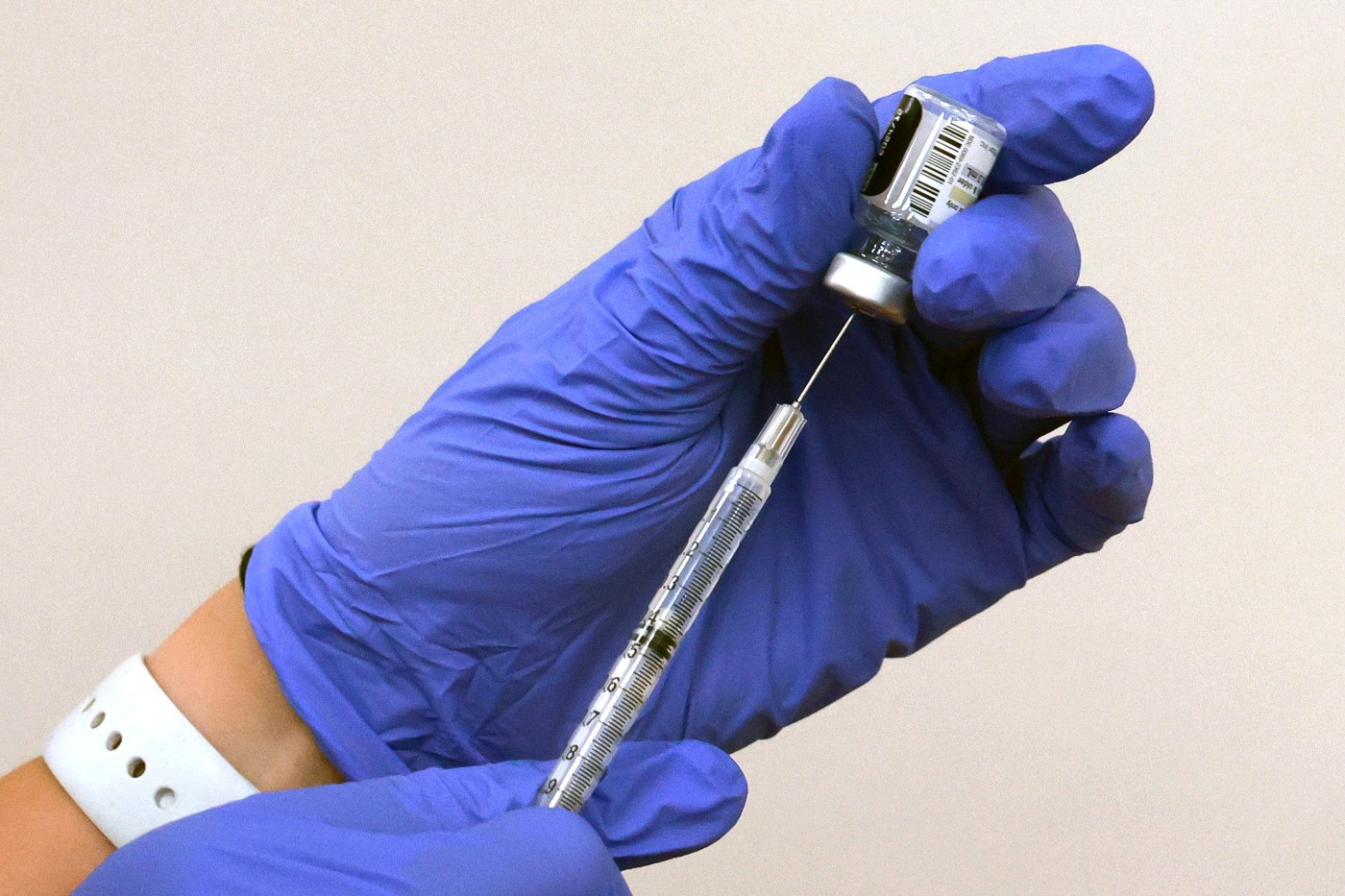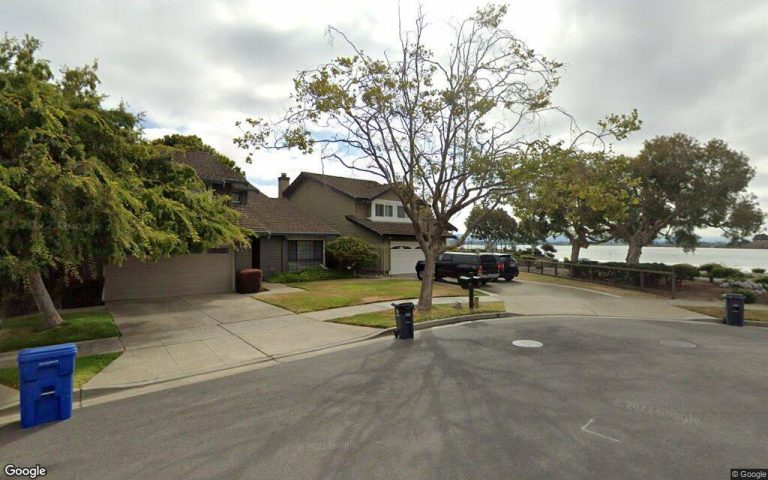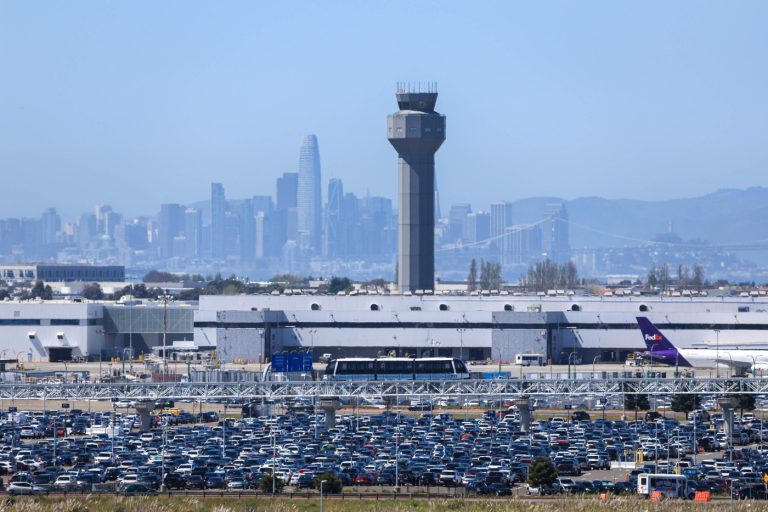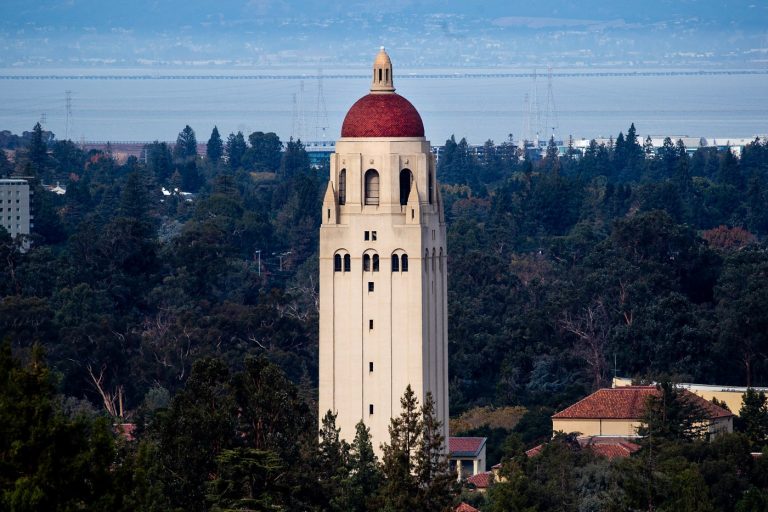Every week the state health department updates the statewide COVID data, and nearly every week this summer the COVID positivity rate has been rising. But this week there are signs the virus’ spread is slowing, with the positivity rate stalling statewide for the first three weeks of August.
Wastewater data for Santa Clara County gives us another glimmer of how the worst of this summer’s stubborn surge might be over. The level of the virus in San Jose is headed steadily downward. Gilroy has dipped into the “medium” levels recently, and Sunnyvale is squarely in the “medium” range.
As the most up-to-date COVID metrics start to show signs of the surge slowing, the true toll of this summer’s surge is starting to emerge. After COVID deaths reached record lows earlier this year, and the state logged the first day since early 2020 with no COVID deaths, the death toll started to climb again in July.
“The virus is so darn contagious,” said Errol Ozdalga, a clinical associate professor of medicine at Stanford. “It’s a numbers game. You are going to have people who have bad [outcomes] but luckily, it’s much safer now than it was at the beginning.”
The Golden State had about seven COVID deaths a day in the beginning of July, and by the end of the month, that figure had more than doubled to 15 daily deaths, on average.
Death data for August is largely incomplete, because it can take several weeks for death certificates to be finalized and processed, but the most recent update shows the percent of all deaths due to COVID in early August had grown to over 3%, similar to what it was at the height of this winter’s COVID surge in December and January.
Related Articles
Expired COVID-19 test kits may still be effective
The new COVID vaccine is out. Why you might not want to rush to get it.
Mark Zuckerberg says White House pressured Facebook over some COVID-19 content
Government announces more COVID-19 tests can be ordered through mail for no cost
New COVID vaccine is on the way. Here’s what you need to know.
According to the CDC’s projections, the FLiRT sub-variant KP.3.1.1 accounted for approximately 37% of new COVID-19 illnesses in the US this week.
John Swartzberg, clinical professor emeritus of infectious diseases and vaccinology at UC Berkeley, keeps an eye on emerging variants, and what is going on with COVID in the United Kingdom as a hint of what might happen here in the U.S. He says there has been a precipitous drop in the COVID positivity rates there in the past several weeks.
The prolonged surge in California is showing signs of subsiding just as the newest COVID vaccine is arriving at pharmacies around the state.












